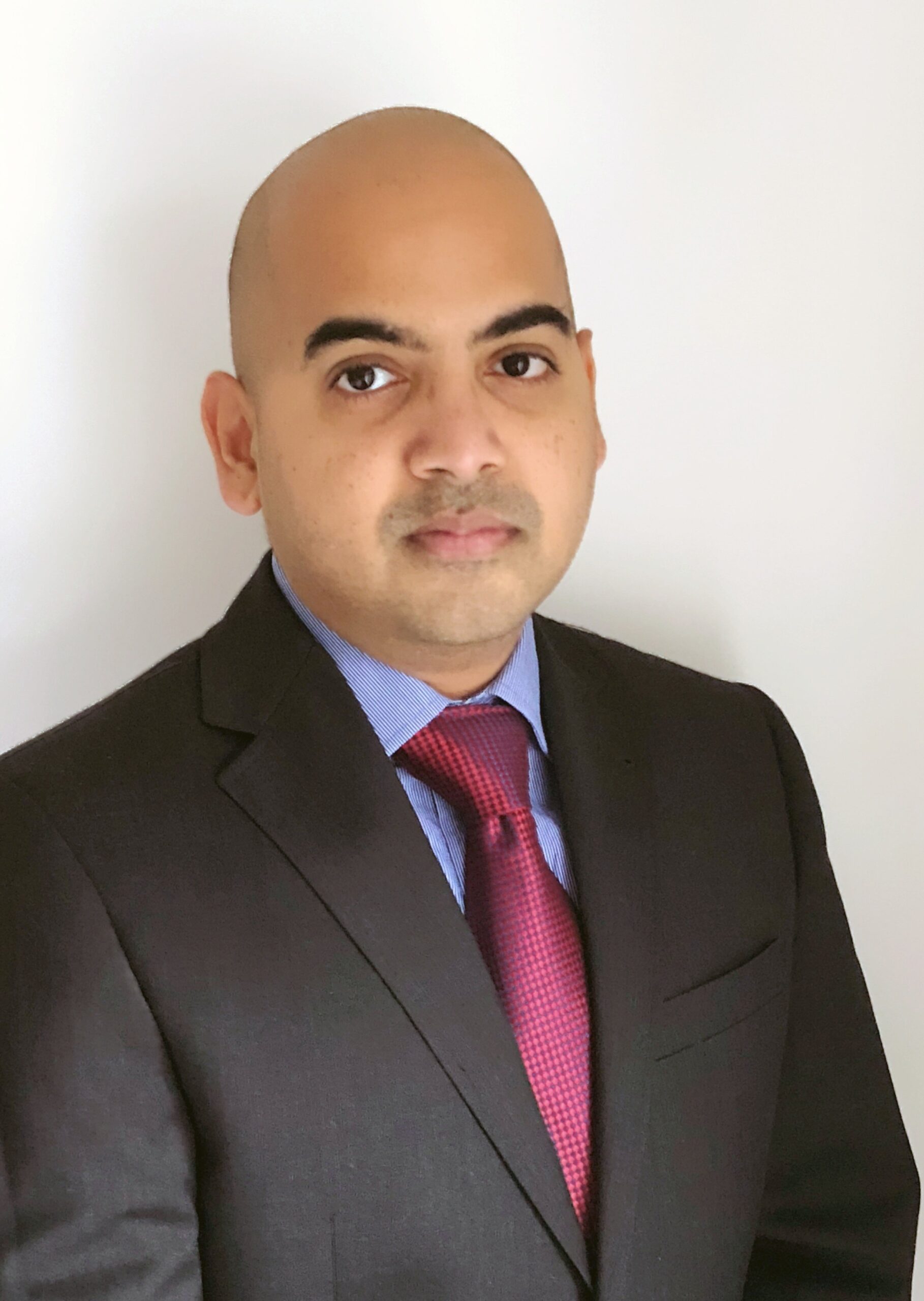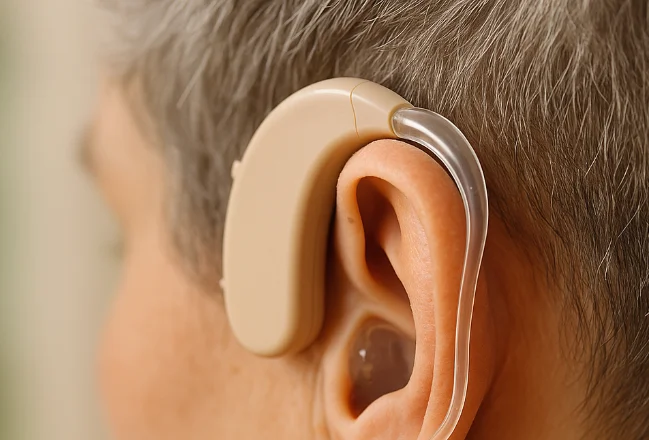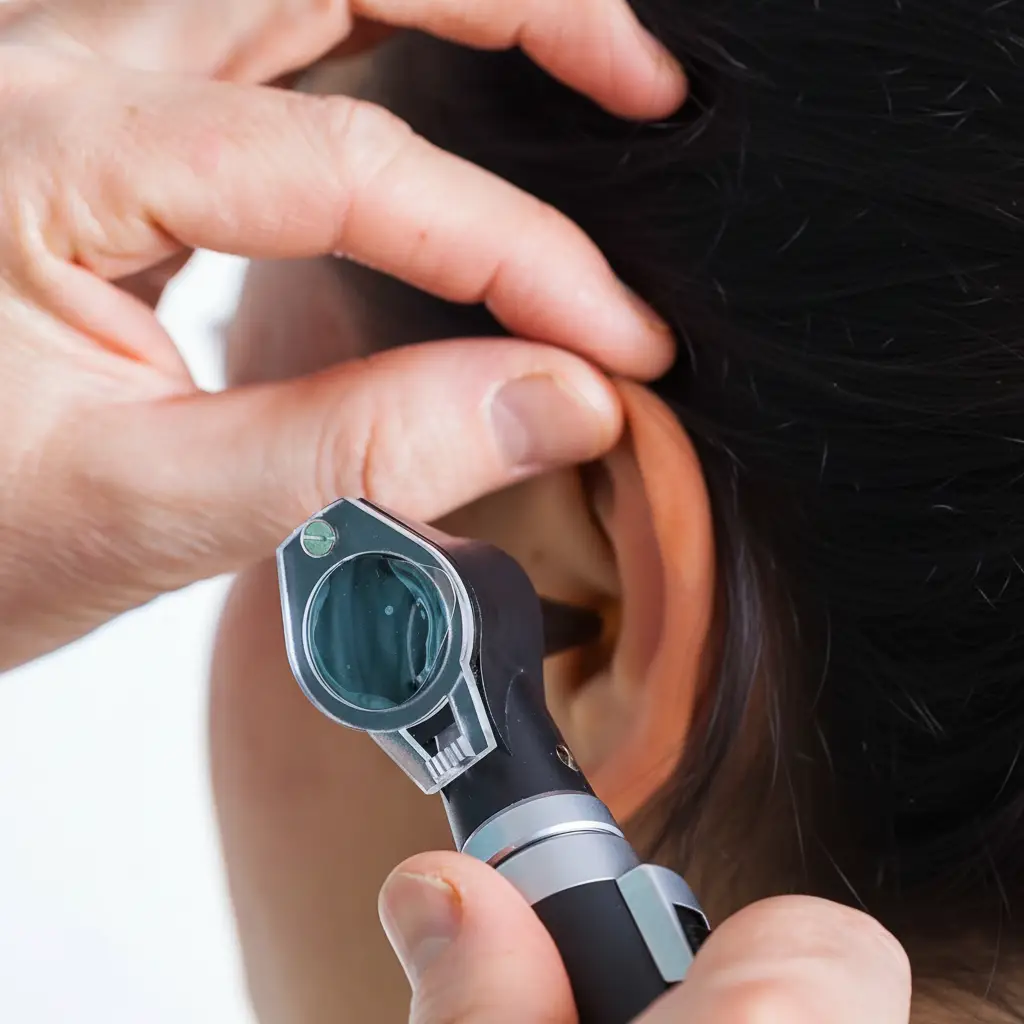Unilateral non-pulsatile tinnitus is characterised by persistent sound perception in one ear without a rhythmic pulse. At Harley Street Audiovestibular Clinic in London, our tinnitus specialists provide expert assessment to identify the underlying cause and recommend appropriate management.
What Causes Unilateral Non-Pulsatile Tinnitus?
Understanding the precise origins of unilateral non-pulsatile tinnitus can be complex. Various factors, conditions, incidents, or injuries can trigger this type of tinnitus, which is characterised by sound perception in one ear without a rhythmic pulsation. Potential causes encompass tumours, hearing loss, stress, exposure to high-volume sounds, accumulation of earwax, specific medications, allergies, ear infections, and certain medical conditions like Ménière’s disease. While some cases may present with an obvious cause, others might pose challenges in pinpointing the trigger.
Can Unilateral Non-Pulsatile Tinnitus Resolve Naturally?
In many instances, unilateral non-pulsatile tinnitus can indeed resolve on its own. However, If you’ve been dealing with unilateral non-pulsatile tinnitus for more than a few weeks, it’s advisable to seek guidance from an medical doctor such as an Audiovestibular physician for further investigations. These professionals can also recommend appropriate treatments that have the potential to mitigate the tinnitus symptoms.
Why Does Unilateral Non-Pulsatile Tinnitus Persist in Some Cases?
Especially when unilateral non-pulsatile tinnitus stems from hearing loss, it might persist for extended periods. Instances of intense noise exposure can lead to inner ear damage. For instance, combat veterans who frequently encounter explosive munitions and gunfire often experience tinnitus as the top-ranking disability. The brain’s attempts to compensate for damage and hearing loss resulting from such extreme noise events can manifest as persistent tinnitus.
Is Unilateral Non-Pulsatile Tinnitus Linked to Hearing Loss?
Although unilateral non-pulsatile tinnitus itself doesn’t induce hearing loss, it is frequently correlated with hearing impairment. If you’re grappling with unilateral non-pulsatile tinnitus without an evident cause, it’s prudent to arrange a consultation at Harley Street Audiovesibular Clinic. Our expert medical team of consultant doctors alongside our audiologists can ascertain the cause of your tinnitus with a range of detailed hearing tests and other investigations such as MRI scan.
What Steps Should I Take Upon Experiencing Unilateral Non-Pulsatile Tinnitus?
If you’re confronted with unilateral non-pulsatile tinnitus, your primary course of action should be scheduling an appointment with our specialists at Harley Street Audiovestibular Clinic. A comprehensive assessment of your ears, coupled with audiometric testing, will provide valuable insights. Utilising the information gleaned, the consultant can suggest an effective management plan that suits your unique situation.
Is Unilateral Non-Pulsatile Tinnitus a Disease?
No, unilateral non-pulsatile tinnitus itself is not classified as a disease. However, it could potentially manifest as a symptom linked to conditions like meniere’s disease or other underlying health problems. More recently it has been found in association with covid infection.





